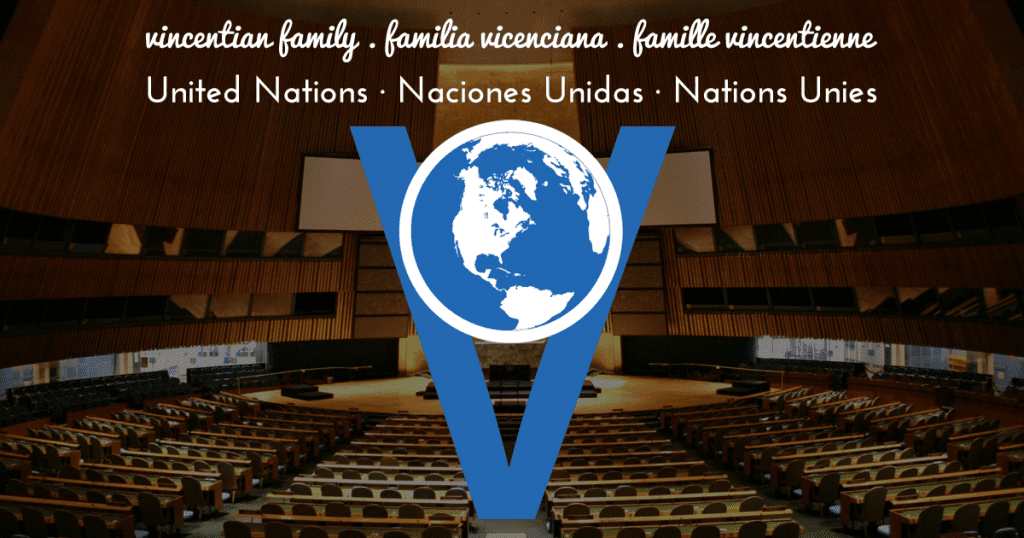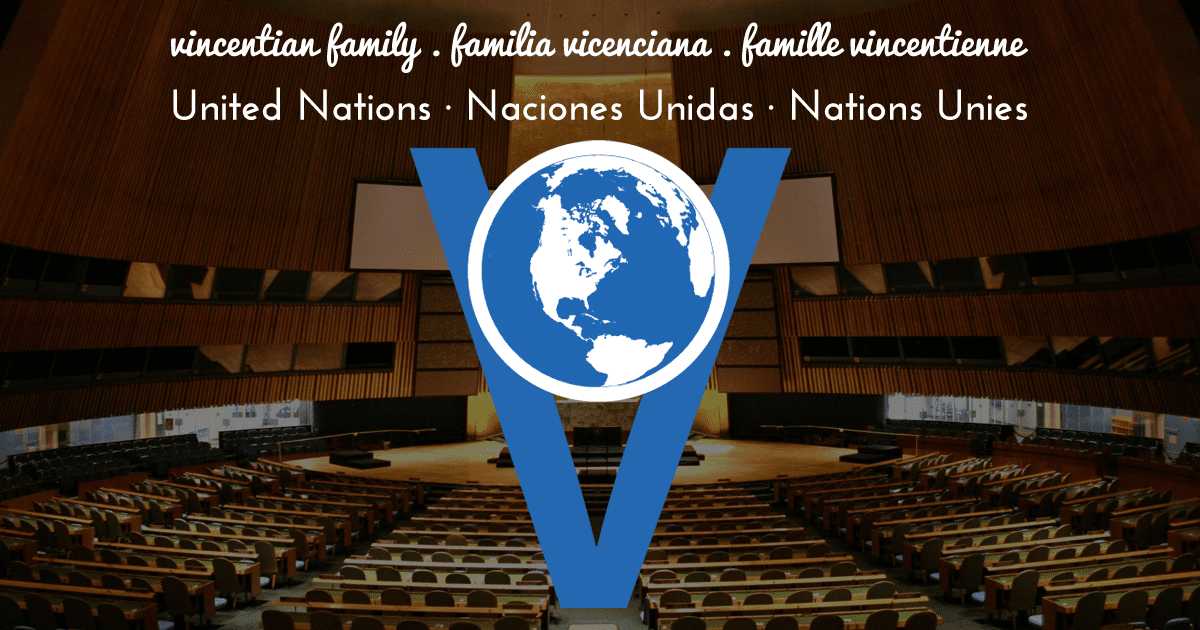Women are Active Agents of Peace and Development
Women Empowerment and Gender Equality are at the heart of the Transformative Agenda 2030 for Sustainable Development, adopted by 193 countries in September 2015. Agenda 2030 states, “The achievement of full human potential and of sustainable development is not possible if one half of humanity continues to be denied its full human rights and opportunities. Besides, sustainable development cannot be realized without peace and security; and peace security will be at risk without sustainable development.” Humans thrive in peaceful, just and inclusive societies where all have equal access to justice and human rights.
Currently, according to a World Bank report, two billion people live in countries affected by conflict and violence. Since 2008 conflicts around the world have tripled and they last for more than twelve years in many low income countries. Terrorism incidents have increased by 120 percent since 2012. Women and girls make up more than half the world’s population and they are more deeply impacted by war and violence; they have fewer resources to protect themselves and with children they make up the majority of displaced and refugee populations. War tactics such as sexual violence specifically target them. Often rape is used a weapon of war. War Impacts Women Differently.
In the face of this reality, it is imperative upon the global community to redouble its efforts to resolve or prevent conflict and to support peace building and State-building. Although women can play a significant role in peace processes as well as in governance, they have been denied a place at the table of peace negotiations. The United Nations Security Council adopted a landmark resolution on “women and peace and security” in October 2000. It reaffirms the important role of women in the prevention and resolution of conflicts, peace negotiations, peace-building, peacekeeping, humanitarian response and in post-conflict reconstruction and stresses the importance of their equal participation and full involvement in all efforts for the maintenance and promotion of peace and security. The Resolution urges all actors to increase the participation of women and incorporate gender perspectives in all United Nations peace and security efforts.
Since the adoption of the resolution, women have taken their place at the table in peace processes as well as in governance. Yet, available data reflect the persistence of inequality – from 1992 to 2011, only 9 percent of negotiators at peace tables were women. Often the active participation of women in peace processes is theoretical and half of all peace agreements do not speak of women’s rights or needs. For stable and sustainable peace, participation of women is fundamental. Research on 181 peace agreements signed between 1989 and 2011, shows that “peace agreements are 64 percent less likely to fail when civil society representatives and women’s organizations participate.” When a broader constituency is at the table, besides the fighters, they can exert pressure to reach agreements and go beyond power games to include gender perspective on issues of security, justice, governance and recovery. Such a peace deal receives greater acceptance and commitments from the communities affected by conflict.
To recognize the role of women, the narrative on women has to change – women are not only victims to be protected, but also “active agents of peace and development.” Inequality – social, economic and political – that exists between women and men is the greatest threat to women’s inclusion and participation. In many societies, gender discrimination is woven through legal, social and religious norms. Women empowerment and gender equality, proposed by the 2030 Agenda need to be integrated into national agenda and implemented at all levels. The call to ‘end all forms discrimination against all women and girls everywhere and eliminate all forms of violence against all women and girls in public and private spheres, including trafficking and sexual and other types of exploitation’ should be enforced with adequate law (SDG 5) To go beyond lip service, national commitments to gender equality objectives should be reflected in a gender responsive budget.
International Bodies and Organizations that shape policies and decide on matters of war and peace must pursue the inclusion of women and gender perspectives into peace, national dialogue and reconciliation processes. In situations where women are not included, the mediators and negotiators can induct women into their teams. To create a strong pool of women peace negotiators and mediators, capacity building and support system could be undertaken to create a new pool of women leaders for effective political participation. Make the “men only” club of mediators/negotiators into inclusive one.
Women’s contribution to peacebuilding is demonstrated in the examples given below:
- A Somali woman, Asha Hagi Elmi formed the women’s Sixth Clan in 2000 to lobby for participation in peace talks, because the five main Somali clans had all been given a seat at the table, but had excluded women.
- 2011 Nobel Prize for Peace was given to three Liberian women – Ellen Johnson Sirleaf, Leymah Gbowee and Tawakkul Karman for their non-violent struggle for the safety of women and for women’s rights to full participation in peacebuilding processes.
- The Colombian Peace agreement has shown the central role played by women in the peace process and its fundamental objective promote gender equality and the empowerment of women. 50 percent of the participants were women and women’s commission has been set up to oversee the implementation process. The peace process is transforming the status of women in Colombia through structural changes.
- Women in Yemen through their activism to ensure 30% representation in the National Dialogue Conference that gathered 500 people to find solutions to critical national issues in 2011. Most of their achievements are under threat with ongoing violence.
- Syrian women have made significant steps to being closer to the central negotiating tables of the fragile peace talks. Women’s Advisory Body, consisting of 12 women meet with the UN Envoy to Syria separately, since the official government and opposition delegations refuse to sit at the same table.
Vincentian Family around the world focused on systemic change can contribute to peacebuilding efforts in communities affected by conflicts and violence by advancing women’s meaningful participation at the local and national levels. As Christians, we all are called to be peace makers and above let us pray for peace in our hearts, societies and the world.

Tags: United Nations







0 Comments